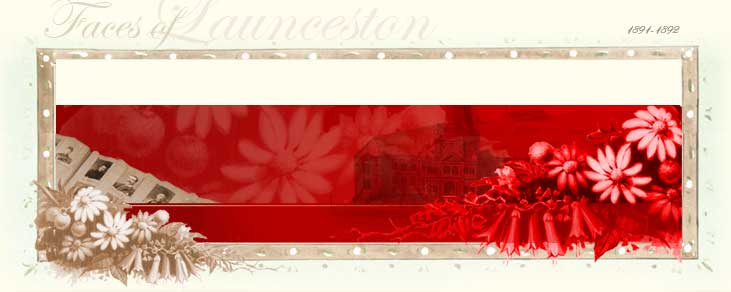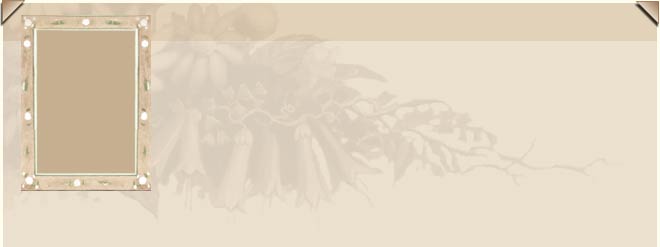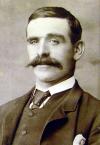David Morgan was born at Merthyr Tydfil, South Wales, about 1843. He was apprenticed to his father's stone carving and cutting works. In 1880-81 when he was 38, David, his wife Ellen and four children, Sara, Ivor, William and Alfred, came to Tasmania, attracted by stories about the colony being a land of opportunity. His brother Edward also accompanied them.
David was a monumental mason and sculptor. His premises were located at 66 and 70 Elizabeth Street, Launceston, and later at the corner of Paterson and Charles streets. He laid the foundation stone for an extension to the Launceston General Hospital. Two more children were born to David and Ellen in Launceston: Elsie Louise, on 18 Oct 1881 and Joseph Jacob, on 13 May 1884. In the 1903 Electoral Roll, Ellen was living at 153 George Street with her four youngest surviving children and Jeannie Morgan. William had died aged 9 in 1884. Sara married Patrick Deane in 1894 and died in 1935, Ivor married Julia Mahoney in 1898 and died in 1927, Elsie married Edward Bishop in 1907 and Alfred, who is also in the Family Album, married Lilian Clark in 1907. Jacob became a chemist in Melbourne.
David died on 17 Jul 1930 in his 88th year and Ellen passed away on 15 May 1932, aged 80. She had endured several periods of time in the New Norfolk Mental Asylum. David and Ellen were buried together at Carr Villa in Section C1 No. 98.
David's obituary in The Examiner on 19 July 1930 states: 'He was a clever man, of oustanding originality and inventive ability, and had obtained patents throughout the world in respect to some of his inventions. Among these was an improved cycle wheel, the patent rights for which were sold in France for 500 pounds. Until he took seriously ill about three weeks ago, he was negotiating for the acquisition of a mainland firm of the patent rights in respect of an invention for the compression and exhaustion of air, an apparatus applicable to cool storage, supplying power in mining operations, and to many other purposes. This invention had already been patented throughout the world by the deceased'.


